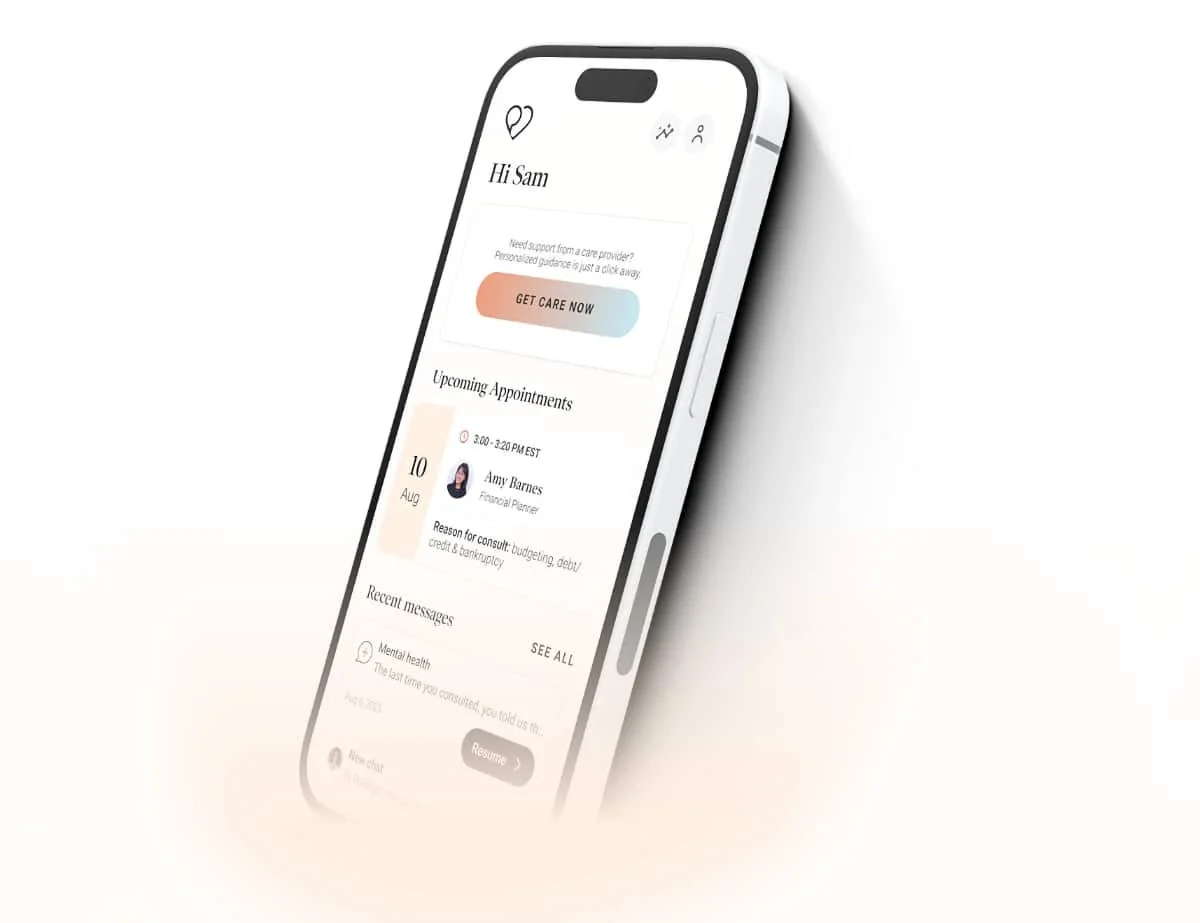Virtual care steps in as rural Alberta faces doctor access challenges
Rural Albertans are travelling farther than ever for basic medical care. With doctor shortages in some areas, virtual healthcare is emerging as a practical lifeline for families who can’t always access in-person care.
According to new data from Dialogue, Canada’s premier employer-funded virtual healthcare and wellness platform, most health issues can be addressed remotely, easing the pressure on rural hospitals and clinics. The data shows that 65 per cent of visits result in a prescription, 8 per cent in a referral, and fewer than 7 per cent in emergency room visits. On average, patients connect with a doctor within one hour - a stark contrast to the days or even weeks many rural residents wait for an in-person appointment.
“Reduced availability of primary care services, combined with long distances to clinics or hospitals, creates significant barriers to timely care for rural families,” said Dr. Marc Robin, Dialogue’s Medical Director and a practicing physician. “Employer-funded-virtual-care helps relieve some of that pressure by connecting people to medical advice, prescriptions, and follow-ups without adding to already overburdened clinics and emergency departments.”
Nearly one in five Albertans live in rural areas, yet they continue to face some of the province’s most significant healthcare gaps. Many must travel an average of 35 kilometres or more to see their regular provider and in the past year, emergency rooms in rural Alberta have been closed for a combined 38,000 hours due to staffing shortages.
For many residents, that means using emergency rooms for routine needs like sore throats, ear infections, or prescription renewals, conditions that can often be treated virtually.
Dr. Robin says the pattern reveals a deeper shift in how Albertans approach healthcare. “Albertans are realizing that timely access matters,” said Dr. Marc Robin. “Virtual care works alongside the health system to make that possible, especially for communities that have faced long waits or travel distances.”
Dialogue’s virtual platform connects patients with licensed physicians, nurses, and mental health professionals, offering services from medical consultations to chronic disease management and counselling from home. As communities, employers, and healthcare providers work together to bridge access gaps, virtual care is becoming an essential part of the solution. It complements local clinics and hospitals by helping patients manage everyday health needs from home, allowing in-person resources to focus on more complex cases.
As Alberta continues to grapple with healthcare staffing and access challenges, virtual care is proving to be more than a convenience, it’s becoming an essential part of how care is delivered, especially outside the province’s major cities.

